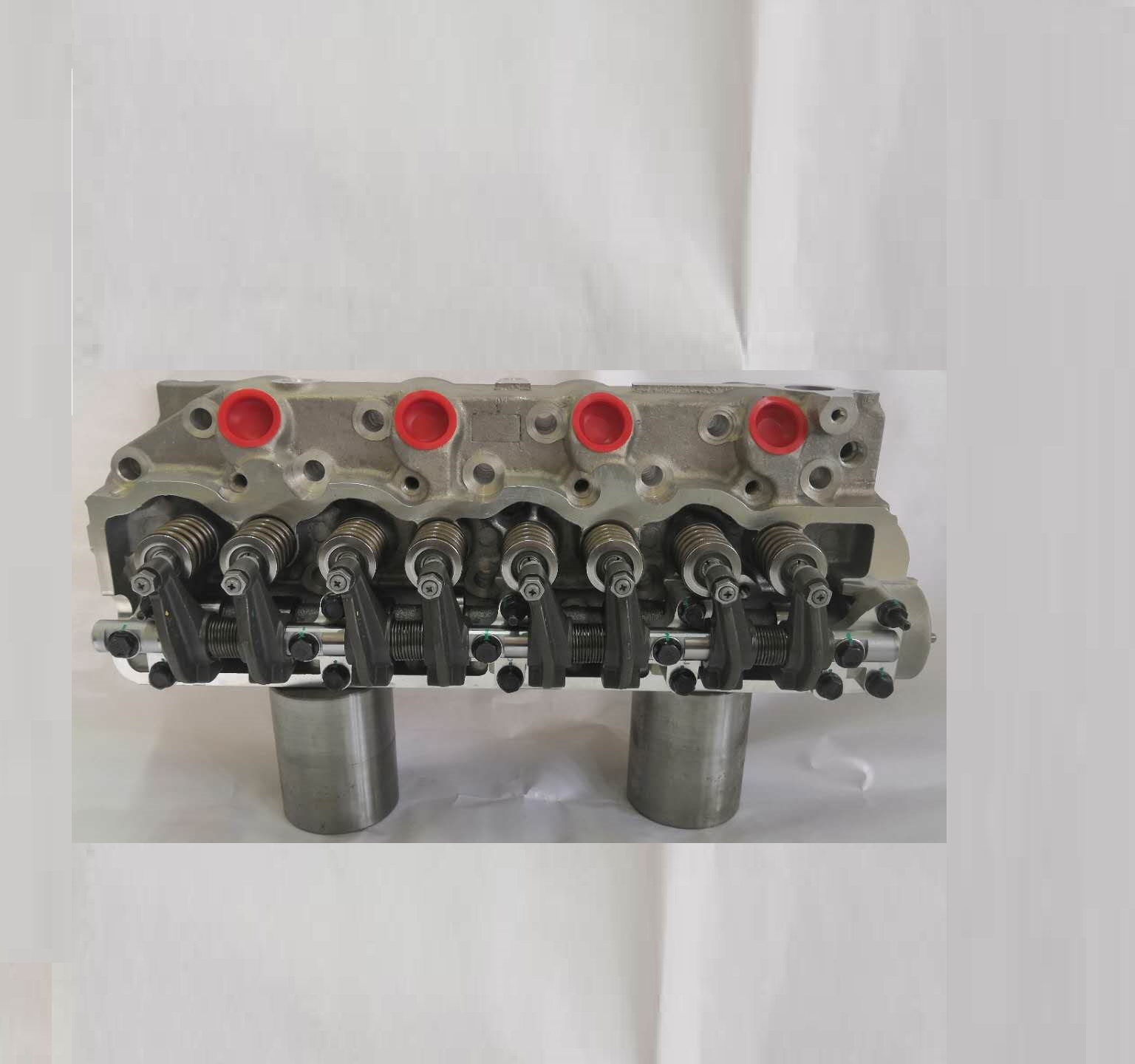Aluminum Complete Cylinder Head 4D56 Engine Vehicle Equipment Tools Exterior Accessories For MITSUBISHI
![]()
Engine cylinder head
The function of the engine cylinder head is to seal the cylinder. It forms a common combustion space with the piston and withstands the action of high-temperature and high-pressure gas. The cylinder head should have sufficient stiffness and strength because the cylinder head must withstand the gas force and tighten the cylinder bolts. The mechanical load caused is also due to the thermal load of high temperature and high pressure.
Cylinder head Material
Cylinder heads are generally cast from high-quality gray cast iron or alloy cast iron.
Automobile gasoline engines
Automobile gasoline engines mostly use aluminum alloy cylinder heads. Aluminum alloy has good thermal
conductivity, which is beneficial to improving the compression ratio of the engine. Secondly, it has excellent
casting performance and is suitable for casting parts with complex structures. However, attention must be
paid to the cooling of the aluminum alloy cylinder head, and the temperature of its bottom plane should be
controlled below 300°C. Otherwise, overheating of the bottom plane will cause plastic deformation and
warping.
Cylinder head air leakage
Cylinder head air leakage is mainly caused by loose sealing of the valve or the lowerend face of the cylinder head. Therefore, if there is carbon deposit on the sealing surface of the valve seat,
it should be removed in time. If the sealing surface is too wide or there are grooves, pitting, dents, etc.,
the valve seat should be repaired or replaced with a new one depending on the degree.
Cylinder gasket
Warping deformation of the cylinder head and damage to the cylinder gasket can also cause air leakage.
In order to avoid warpage of the cylinder head and damage to the cylinder gasket, the cylinder head nuts
must be tightened in the specified order, and the tightening torque should meet the requirements.
MESSAGE
Please contact us now, your inquiry will be answered soon!


















